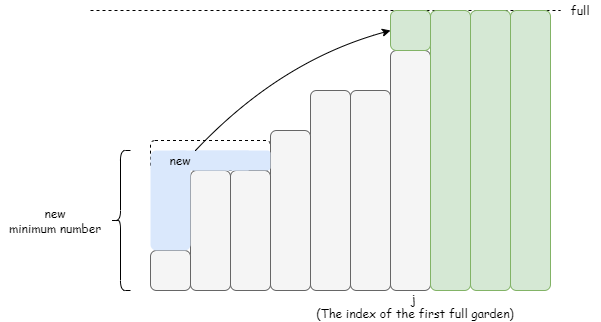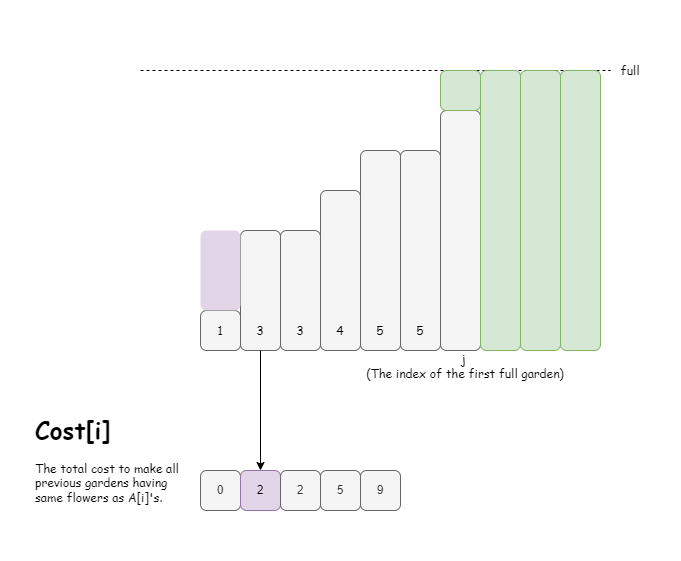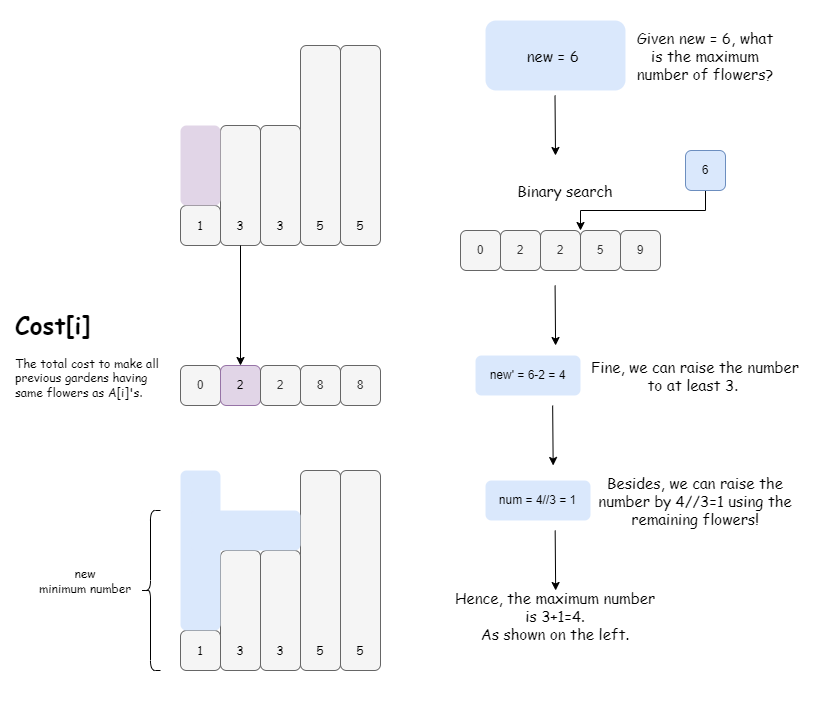# A. Largest Number After Digit Swaps by Parity (opens new window)
DETAILS
public int largestInteger(int num) {
char[] ans = String.valueOf(num).toCharArray();
int n = ans.length;
for (int i = 0; i < n; ++i) {
for (int j = i + 1; j < n; ++j) {
if (ans[j] > ans[i] && (ans[j] - ans[i]) % 2 == 0) {
char tmp = ans[i];
ans[i] = ans[j];
ans[j] = tmp;
}
}
}
return Integer.parseInt(new String(ans));
}
def largestInteger(self, num: int) -> int:
ans = ""
even, odd = [], []
idx_even = []
for i, ch in enumerate(str(num)):
if int(ch) % 2:
odd.append(ch)
else:
even.append(ch)
idx_even.append(i)
odd.sort(reverse = True)
even.sort(reverse = True)
i, j = 0, 0
for k in range(len(str(num))):
if k in idx_even:
ans += even[j]
j += 1
else:
ans += odd[i]
i += 1
return int(ans)
# B. Minimize Result by Adding Parentheses to Expression (opens new window)
Find all workable positions and get the answer of that expression.
DETAILS
def minimizeResult(self, E: str) -> str:
n = len(E)
pos = E.find("+")
ans = math.inf
exp = [-1, -1]
for lft in range(pos):
for rgt in range(pos + 2, n + 1):
if lft == 0:
a = 1
else:
a = int(E[:lft])
if rgt == n:
b = 1
else:
b = int(E[rgt:])
cur = a * b * eval(E[lft:rgt])
if cur < ans:
ans = cur
exp = [lft, rgt]
return E[:exp[0]] + "(" + E[exp[0]:exp[1]] + ")" + E[exp[1]:]
# C. Maximum Product After K Increments (opens new window)
Priority Queue, only increment the smallest integer by 1 each time.
DETAILS
def maximumProduct(self, A: List[int], k: int) -> int:
heapq.heapify(A)
for _ in range(k):
cur = heapq.heappop(A)
heapq.heappush(A, cur + 1)
ans = 1
if A[0] == 0:
return 0
for a in A:
ans *= a
ans %= (10 ** 9 + 7)
return ans
# D. Maximum Total Beauty of the Gardens (opens new window)
Please refer to This LC Discussion (opens new window) for my solutions in English.
额外的花数量有限,如果我们把更多的花用来填满花园:
- 我们会获得更多的【满花园】,
full分数增加 - 说明【最小花园】的花数量会降低,
part分数降低
如图所示,如果我们把一部分花去多填满一个花园,【最小花园】的花数会降低。

所以分数的最大值分布并没有一个明显的规律,我们需要检查所有的种花方案,找出其中分数的最大值。
显然,为了用尽量少的花去填满花园,我们可以从已经种花最多的花园开始填。
如上图所示,我们填满了4个花园,剩下一些花,那么如何快速地算出【最小花园】的花数?
我们可以建立一个数列cost, 其中cost[i]是把【最小花园】的花数提升到A[i]的花数。

这个数列是非递减的,因此我们可以把做二分查找,查询剩下的花足够把【最小花园】提升多少。

DETAILS
def maximumBeauty(self, A: List[int], new: int, t: int, full: int, part: int) -> int:
A = [min(t, a) for a in A]
A.sort()
# Two edge cases
if min(A) == t: return full * len(A)
if new >= t * len(A) - sum(A):
return max(full*len(A), full*(len(A)-1) + part*(t-1))
# Build the array `cost`.
cost = [0]
for i in range(1, len(A)):
pre = cost[-1]
cost.append(pre + i * (A[i] - A[i - 1]))
# Since there might be some gardens having `target` flowers already, we will skip them.
j = len(A) - 1
while A[j] == t:
j -= 1
# Start the iteration
ans = 0
while new >= 0:
# idx stands for the first `j` gardens, notice a edge case might happen.
idx = min(j, bisect_right(cost, new) - 1)
# bar is the current minimum flower in the incomplete garden
bar = A[idx] + (new - cost[idx]) // (idx + 1)
ans = max(ans, bar * part + full *(len(A) - j - 1))
# Now we would like to complete garden j, thus deduct the cost for garden j
# from new and move on to the previous(next) incomplete garden!
new -= (t - A[j])
j -= 1
return ans